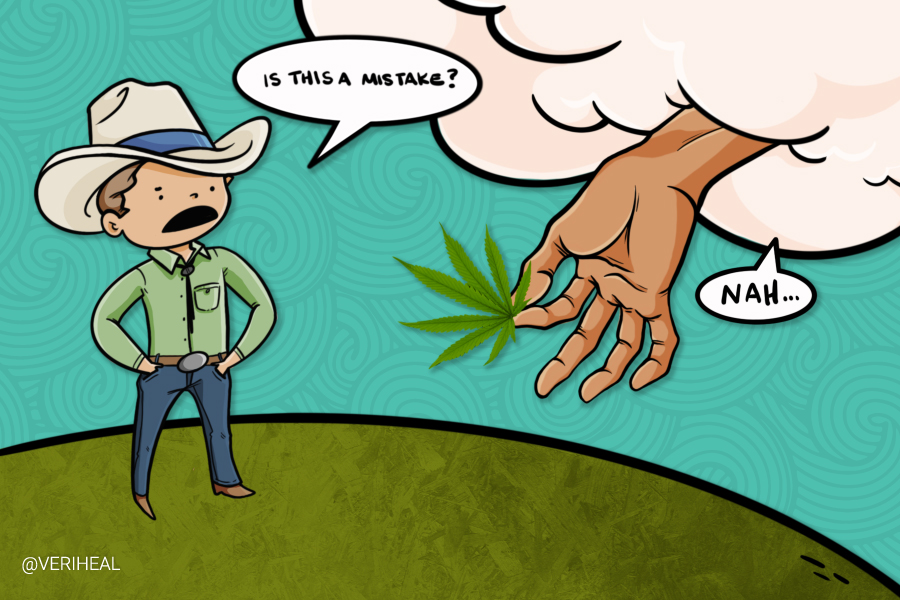While Oregon became the first state to decriminalize all drugs, this election cycle also saw five other states passing legislation that will ultimately make cannabis more accessible to their citizens. New Jersey, Montana, and Arizona all legalized recreational cannabis, establishing age restrictions for its use and guidelines around who can grow it and how much. Mississippi approved cannabis for medical use. And in a first in the United States, South Dakota voters chose to legalize BOTH medical and recreational cannabis with the same vote. Though medical cannabis will officially legalize and be made available first, the state legislatures have done their part. These five states are the only ones in which cannabis measures were on the ballot during this election cycle. And while it’s encouraging to see that the voters chose legalization every time it was offered to them, It’s hard not to see missed opportunities. One that particularly comes to mind is the situation in Texas.
Current Cannabis Laws in Texas
Texas has a strict history when it comes to cannabis, so perhaps it’s no surprise that the state is a little late to the party even now. Prior to the year 1973, Texas had the harshest cannabis laws of any state in the nation. Possession of any amount, no matter how small, was considered a felony offense and was punishable by two years to life in prison.
In 1973, a bill was passed that reduced possession of two ounces or less to a class B misdemeanor, punishable by a fine and a prison sentence of no more than 180 days. This bill also allowed for previously convicted offenders to be resentenced under the terms of the new law. In 2015, Representative David Simpson introduced a bill to legalize on religious grounds, stating,
“I don’t believe that when God made marijuana, He made a mistake that the government needs to fix.”
Though this idea did not gain enough traction to be written into law, the Governor did sign the Texas Compassionate Use Act, allowing low THC cannabis to be used for the treatment of epilepsy. Later, in 2019, the Governor signed a bill to allow the cultivation of such cannabis—but in doing so, he accidentally changed the legal definition of marijuana in the state, differentiating it officially from hemp and reducing the number of Texas cannabis convictions in the process.
The Effects of Legalization
So we can see that Texas legislators have shown themselves to be resistant to the idea of legalization. And yet, it might be what’s best for the state in the long run. Enough states have legalized now that legalization is no longer a mystery. We know what the impacts look like once cannabis is legalized. And one of the most reliable and beneficial after-effects is increased tax revenue for the state.
In Texas, this has the potential to be HUGE! A recent report found that legalization in Texas would bring in more than half a billion dollars in new tax revenue every year, in addition to saving the state hundreds of millions of dollars in law enforcement costs. Legalization would also create tens of thousands of new jobs. The report incorporated the number of adult Texans who already use cannabis on a regular basis and figured for a taxation rate similar to that which has already been implemented successfully in Colorado.
However, Texas’ most recent step was in the opposite direction—earlier this year, a bill was passed banning hemp in its smokable form. So it remains to be seen whether the Lone Star State will be willing to take advantage of the many benefits legalization would offer—and if so, when.
Author, Share & Comments
















